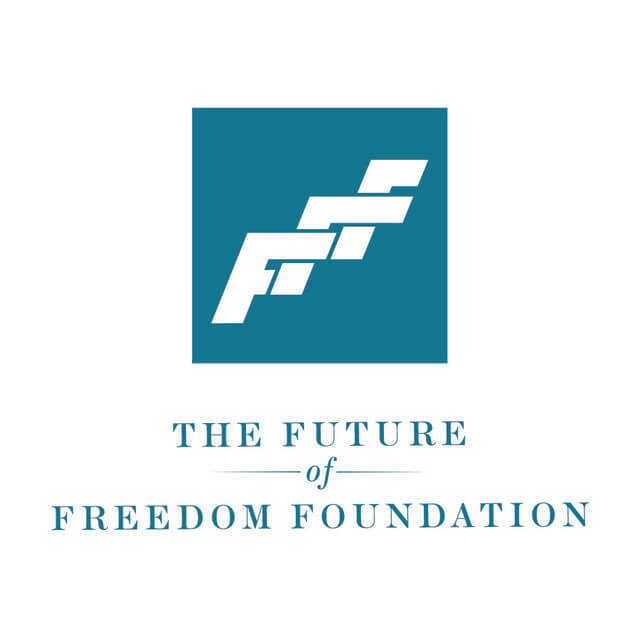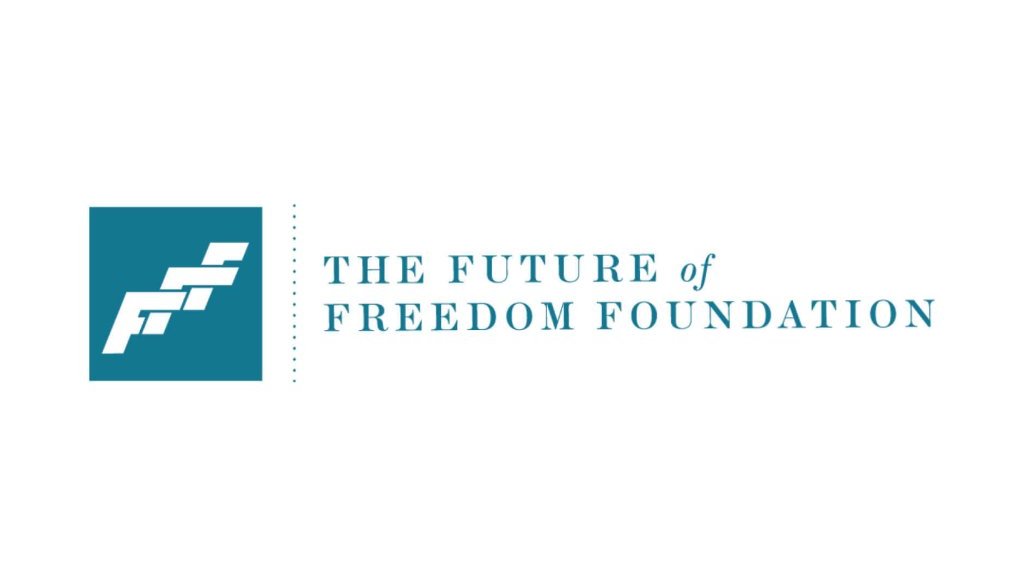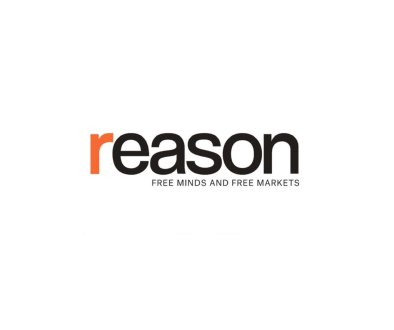Harvard Is Learning the Price of the Dole
While left-wingers are lamenting President Trump’s threats against Harvard University to terminate or reduce its federal dole, I myself have no sympathies whatsoever for the school. In fact, I think Trump is providing a tremendous service in educating Harvard and the rest of the country of the price that is paid when one goes onto the dole.
Trump is threatening to cut off some $3 billion in federal grants to Harvard unless the school agrees to comply with Trump’s DEA conditions and restrict pro-Palestinian protests on campus. Unlike Columbia University, which capitulated to Trump when faced with much the same situation, Harvard has decided to sue.
Let me be clear: I don’t believe that a president of the United States has any business dictating to Harvard, which is a private institution, how to run its affairs. As far as I’m concerned, Harvard’s hiring practices and its protest policies are its own business.
Except for one thing, which Harvard is learning from Trump: The dole comes with control. Or to put it another way, he who pays the piper calls the tune.
Once Harvard chose to go on the federal dole, it should have known that ultimately some president was going to use the dole to exercise control over the school. The notion that Harvard could remain independent of federal control and run its affairs without federal interference is ludicrous.
Harvard has a simple solution to Trump’s threats and demands: Get off the dole, immediately. With no dole, there is no federal control.
A big problem, of course, is the fact that when people go onto the dole, they become dependent on it, both psychologically and financially. They convince themselves that without the dole, they will cease to exist. The dole is a political heroin.
After all, Harvard has an endowment of $53 billion. That’s a
Article from The Future of Freedom Foundation

The Future of Freedom Foundation (FFF) is a leading voice in libertarian thought, tirelessly advocating for individual liberty, free markets, and limited government. Established in 1989, the FFF is more than just a think tank; it’s a hub for intellectual exploration and policy advocacy that draws on the classical liberal tradition and Austrian economics. Through insightful articles, videos, and events featuring top libertarian minds, the organization provides a robust critique of mainstream politics and policies, championing instead the principles that underlie a truly free society. For anyone seeking a principled stand for freedom and limited government, the Future of Freedom Foundation serves as an invaluable resource and an inspiring beacon.




